3 semester credits. This lecture and lab-based course provides an introduction to chemistry as it relates to the visual arts, with a particular emphasis on painting and photography. The course is designed for non-science majors and will begin with an introductory session on the basic principles of chemistry in relationship to atomic structure, light, and color. Topics include chemicals used in photography, paint pigments, dyes and the manufacture of paints, the physics and chemistry of color mixing, oil-based paints, varnishes, solvents, fixatives, acrylic emulsion and acrylic solution alkyd resin as well as PVA paints, and the detection of art forgery. Conservation and restoration topics will be addressed with a focus on sculpture and paintings in Florence. Visits to art galleries, museums, and restoration laboratories form an important part of this course.
Chemistry
SMCHCA310 Chemistry and the Visual Arts
SMCHCE300 Chemistry in Everyday Life
3 semester credits. This lecture and lab-based course gives students a broad overview of how chemistry forms an integral part of our daily lives. The course is designed for non-science majors and will begin with an introductory survey of the basic principles of chemistry. The fundamental notions will then be investigated in relation to a wide range of activities including cooking, cleaning, photography, the use of cosmetics and medication, gardening, and automobiles.
SMCHGC150 General Chemistry
3 semester credits. This course provides an introduction to the fundamental theories of inorganic chemistry including the structure of atoms, electronic structure, bonding, reactions in aqueous media, gas behavior, intermolecular forces, and properties of solutions. Emphasis will be placed on developing the use of strategies for successful problem solving in chemistry and science, and on understanding how these skills are used to understand nature. At the end of this course the student will have the ability to analyze, interpret, and draw conclusions from chemical and scientific data; a basic understanding of chemical and scientific principles and their application to real-world chemical challenges; a means to identify common misconceptions about chemistry and science; and a strengthened knowledge of the relationships of chemistry and science with society.
SMCHGC151 General Chemistry Lab
1 semester credit. Lab component of General Chemistry, please see course description. Lab hours are designed to provide direct technical and technological applications of lecture material. Prerequisites: See General Chemistry. Lab open only to students enrolled in this course.
SMCHHC470 Historical Perspectives in Chemistry
3 semester credits. Throughout history, science and chemistry have shaped the evolution of the world. This course is designed according to the learning needs and interests of both science and non-science majors and traces the emergence of chemistry as a discipline, its evolution from past to present, and how it continues to influence and be influenced by politics, morality, and society. Course topics will examine the impact of chemistry on human history and include a deeper look at specific molecules of enormous importance such as cellulose giving rise to the XVIII century Industrial Revolution and other relevant case studies. Students will gain a working knowledge of the history and techniques used in the analysis and transformation of matter. Prerequisites: An introductory chemistry course and an introductory mathematics course such as algebra are recommended.
SMCHOC255 Organic Chemistry I
3 semester credits. Organic chemistry is a fundamental introduction to the field and represents one of the most practical and applicable aspects of chemistry, due to its role in daily life and living systems. This course is an introduction to organic chemistry, focusing primarily on the basic principles to understand the structure and reactivity of organic molecules. A large part of the course subject is devoted to laying the foundations; topics include, but are not limited to acids and bases, chemical reactions, stereochemistry, spectroscopy, and spectrometry. Upon completion, students should be able to demonstrate an understanding of fundamental chemical concepts and be ready take on subsequent courses related to organic chemistry. Prerequisites: Open to both science and math majors and non-majors who have taken Introduction to Chemistry and Introduction to Calculus.
SMCHOC256 Organic Chemistry I Lab
1 semester credit. Lab component of Organic Chemistry I, please see course description. Lab hours are designed to provide direct technical and technological applications of lecture material. Prerequisites: See Organic Chemistry I. Lab open only to students enrolled in this course.
SMCHOC260 Organic Chemistry II
3 semester credits. This course continues the study of the fundamental principles and laws of chemistry encountered in Organic Chemistry I, and is only open to students with prior organic chemistry preparation. This course explores the remaining important classes of organic compounds and introduces students to the most important applications of organic chemistry today. Topics include, but are not limited to, Ethers, Epoxides and Thiothers, aromatic compounds and reactions, Ketones and Aldehydes, Amines, Carboxylic acids and Carbonyl Compounds. Upon completion, students should be able to demonstrate an understanding of chemical concepts as needed to pursue further study in chemistry and related professional fields. Prerequisites: Organic Chemistry I or equivalent.
SMCHOC261 Organic Chemistry II Lab
1 semester credit. Lab component of Organic Chemistry II, please see course description. Lab hours are designed to provide direct technical and technological applications of lecture material. Prerequisites: See Organic Chemistry II. Lab open only to students enrolled in this course.

